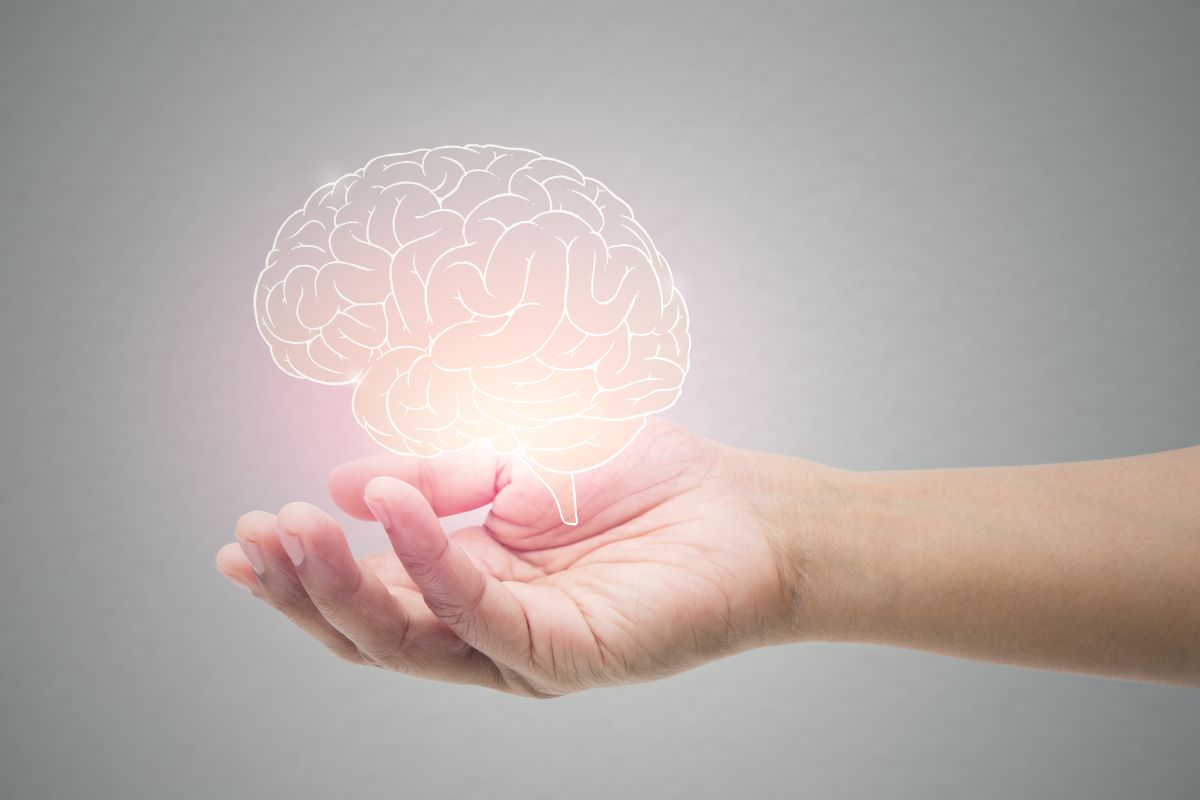Mental Health: Hack the Mind, the Challenge for Innovative Solutions in Milano Community Services
Hackathon for students from MUSA partner universities, organized by Junior Enterprises with the support of Deloitte Officine Innovazione.
The goal is to develop inclusive solutions based on digital tools in the field of mental health. Hack the Mind is an innovative hackathon organized by Junior Enterprises (JEME, JEMP, JEMIB, and JECoMM), in collaboration with the MUSA project (Multilayered Urban Sustainability Action ECS000037 – PNRR M4C2 Inv. 1.5) and with the support of Deloitte Officine Innovazione.
This initiative aims to create a platform for ideation and innovation dedicated to mental health by bringing together professionals with diverse experiences and expertise.
The Challenge
The ultimate goal of the hackathon is to develop an innovative solution that can make mental health services more accessible to people living in Milano and the metropolitan area.
The event will take place in two phases, during which participants will be encouraged to brainstorm and develop ideas for an application that addresses one or more of the three identified areas: support for caregivers, access to mental health services, and support for medical professionals. Participants will work in teams, and each team will present their idea to a jury at the end of the event.
Registration for the hackathon is free and is considered valid until November 5th (11:59 PM).
Participants will be supported by experts in the fields of computer science, medicine, psychology, economics, and law, who will serve as mentors.
Students from the partner universities of MUSA (Politecnico di Milano, Università Commerciale L. Bocconi, Università degli Studi di Milano-Bicocca, and Università degli Studi di Milano) are eligible to participate. Students will compete in teams of 6-8 people. The allocation of members to teams is managed directly by the Hackathon committee. The teams will be heterogeneous internally and homogeneous with each other in terms of age, knowledge, and background of the participants. The goal is to encourage the exchange of ideas and strengthen relationships among students from the four universities.
The first phase will take place on Saturday, November 11th, at the University of Milan, and will include a brief training session on the current system’s critical issues, the opportunities offered by its digitalization to generate benefits for the community, and the acquisition of useful tools for the creation and development of a project idea (e.g., Business Model Canvas).
The training will be followed by the actual hackathon, in which teams will compete to demonstrate the brightest and most promising ideas. Teams will then have time to refine the concept of the platform for an entire week.
During the second day, on Saturday, November 18th, at Deloitte headquarters, each team will have 5 minutes to present their concept through a pitch presentation.
The jury will evaluate the outputs produced, taking into account various criteria, including the feasibility of the proposal, the impact, and the added value provided. The winning team will have the extraordinary opportunity to participate in dedicated meetings with Deloitte Officine Innovazione mentors, who will support the team in further developing the idea and the business model.
The Topic: Some Data on Mental Health
The topic is of growing importance for people’s well-being and the recognition of the need for innovative solutions to ensure the rights of those living with mental health problems.
According to data from Istat, in Italy, in 2019, there were 3 million and 150 thousand people with disabilities, who live with serious health problems and limitations that prevent them from performing their usual activities, accounting for 5.2% of the population. Of these, 728,338 people received assistance from specialized mental health services in 2020, with 53.6% of patients being female. The age composition reflects the aging of the general population, with a significant percentage of patients over 45 years old (69.0%).
The Mental Health Report – Analysis of data from the Mental Health Information System (SISM), 2020 – published by the Ministry of Health, highlights that in the Lombardy region and specifically in Milan, in 2018, 461,620 citizens with psychiatric diagnoses or reports related to mental distress were identified, with an overall incidence of 128 per 1,000 inhabitants. In 2020, 253,164 patients had their first contact with Mental Health Departments during the year, with 91.8% using these services for the first time in their lives.
To complete the registration, participants must fill out the form at the following link, indicating their year of study and field of study to ensure homogeneous teams among themselves and heterogeneous teams internally.





